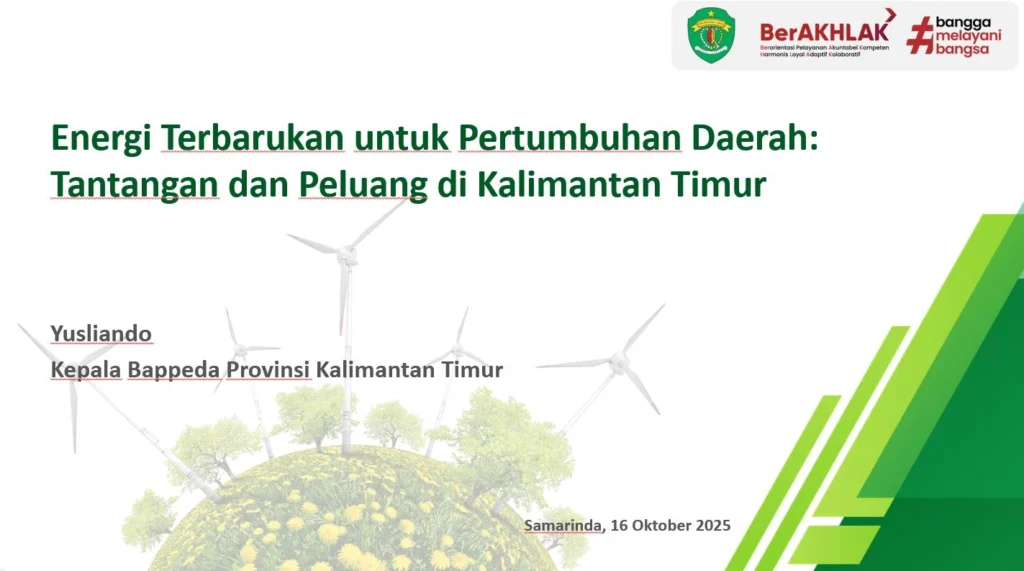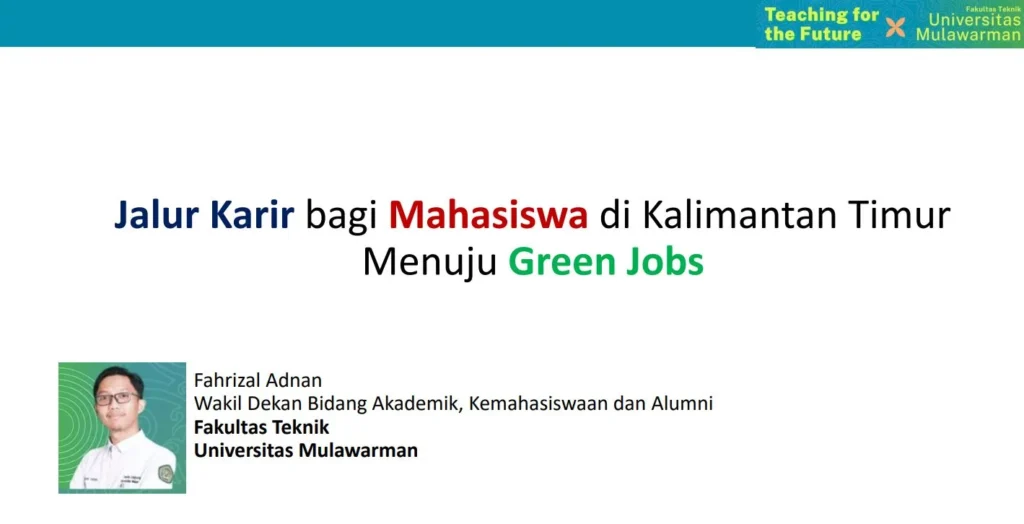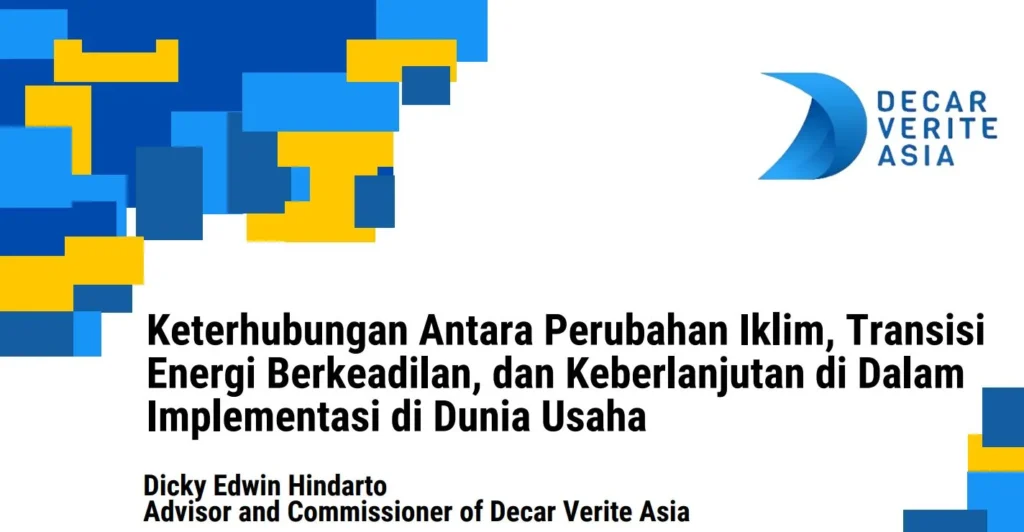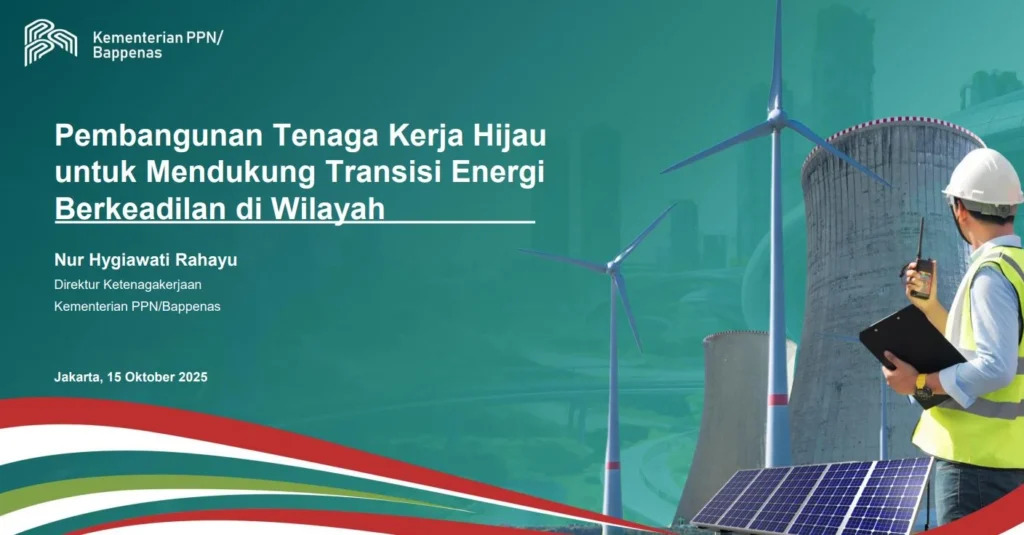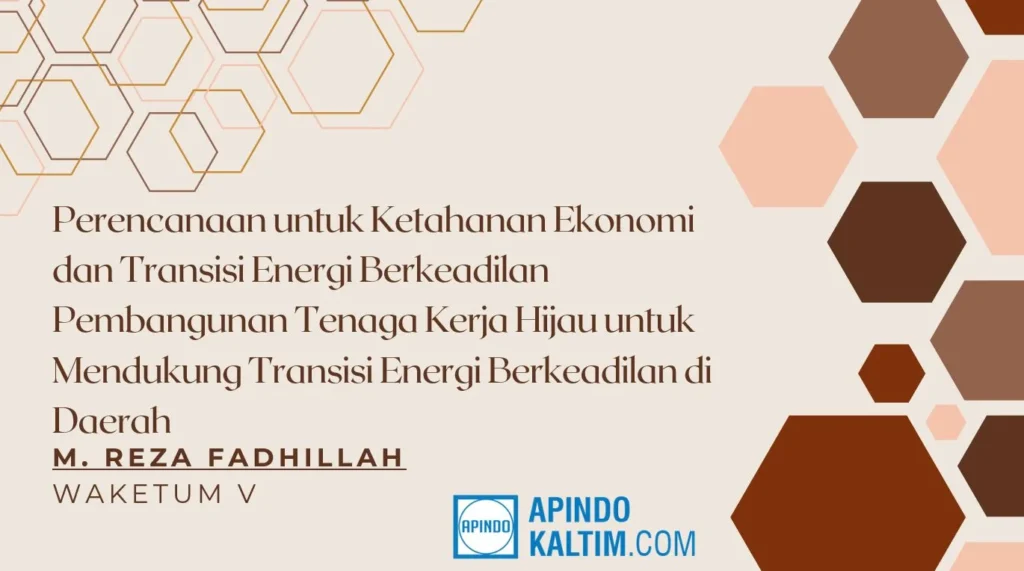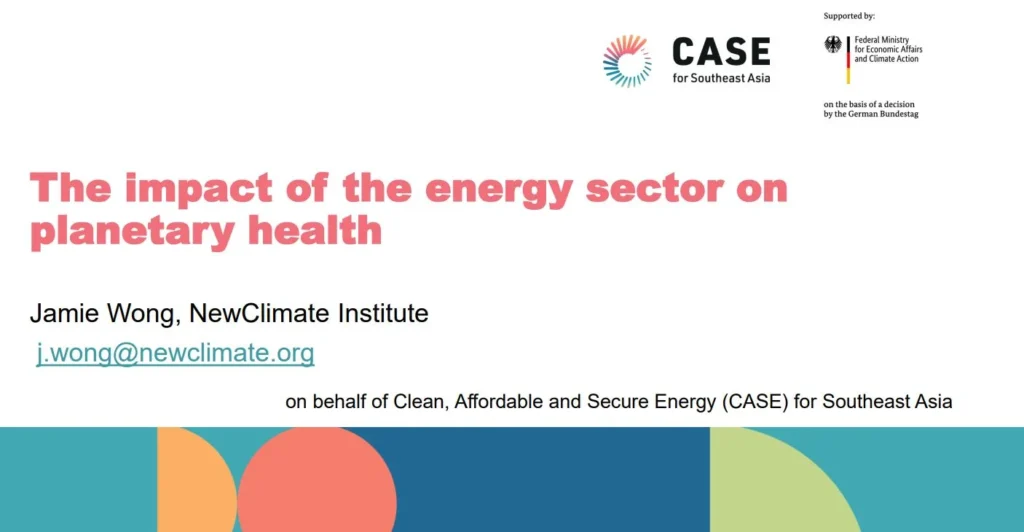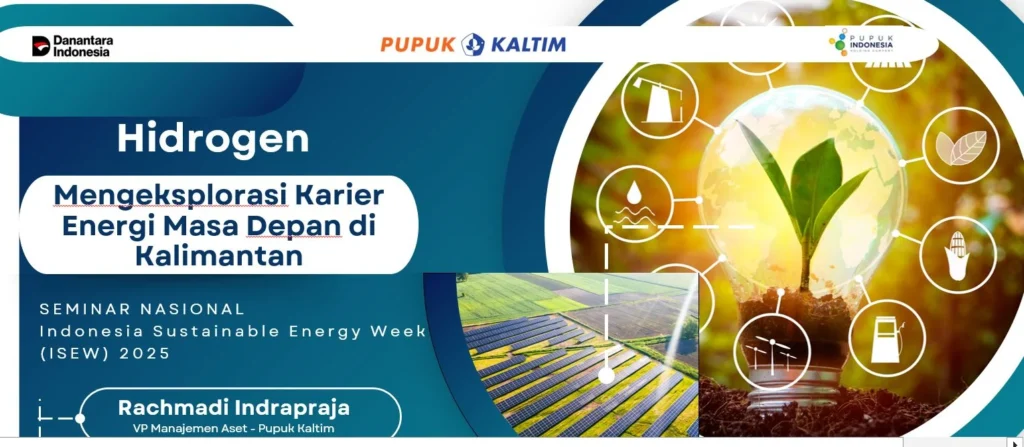
ENTRI (Renewable Energy Minigrids in Triangular South-South Cooperation)
Status
Ongoing
Overall Project Duration
Commissioner
Political Partner
Cooperation Partners
Implementing Organization
GIZ
Project page on organization website
Project Documents and Links
Background
Indonesia has developed considerable expertise in decentralized renewable energy (RE) deployment, particularly in micro-hydro and mini-grid systems, thanks to years of public and private sector innovation. The country’s electrification ratio has improved from 50% in the 1990s to more than 95% today, in part due to locally adapted RE systems for rural areas. This long-standing experience puts Indonesia in a unique position to support other developing countries, especially in the Global South.
ENTRI leverages this comparative advantage by positioning Indonesia as a pivotal partner in South-South Triangular Cooperation (SSTC). Through collaboration with German cooperation and partner countries in Africa, Asia, and the Pacific, the project facilitates the sharing of technical knowledge, best practices, and institutional frameworks to accelerate global access to clean energy. ENTRI is embedded within Indonesia’s international development cooperation strategy, aligned with its role as a G20 leader and long-time promoter of South-South solidarity.
Project Approach
ENTRI applies the SSTC model in which Indonesia serves as the knowledge provider, Germany as the facilitating partner, and participating countries as recipients of tailored capacity development. The project supports multi-directional learning through technical exchanges, expert visits, and joint pilot activities. It emphasizes inclusive knowledge transfer, addressing not just technology but also enabling policies, local economic development, and community empowerment.
The implementation is coordinated through the National Coordination Team for SSTC, comprising the Ministry of Foreign Affairs, Ministry of State Secretariat, Ministry of Finance, and Bappenas. ENTRI also works with Indonesian AID to ensure that its activities contribute to Indonesia’s broader global development agenda.
Digital platforms and in-person interactions are both used to enhance reach and impact. Thematic exchanges focus on practical implementation of decentralized RE, such as community ownership models, technical maintenance, productive energy use, and system design. Pilot projects are used to showcase replicable models, and knowledge is institutionalized within MEMR and other government partners.
Desired Impacts
ENTRI aims to strengthen Indonesia’s role as a global leader in climate and energy cooperation. By sharing its decentralized RE expertise, the country not only contributes to the achievement of SDG 7 and SDG 13 worldwide, but also builds its diplomatic and technical presence on the international stage.
The project enhances institutional capacity in both Indonesia and partner countries through structured knowledge exchange, joint problem-solving, and mutual learning. Indonesian experts benefit from exposure to diverse challenges in the Global South, while recipient countries accelerate their own RE deployment through practical, localized solutions.
Technical and methodological learnings from each SSTC activity are captured, codified, and integrated into Indonesia’s international development cooperation systems, ensuring long-term sustainability. ENTRI also contributes to better coordination between ministries in Indonesia, creating a strong foundation for continued international engagement.
Project Activity Areas (Outputs)
Focus Group Discussion
Exchanges in different forms
Pilot Projects
Debriefings
International Conferences
Project Publications
Tools
SEA Information Platform for the Energy Transition (SIPET)
The Southeast Asia Information Platform for Energy Transition (SIPET) is a one-stop platform for information and knowledge exchange about the energy transition in the region. SIPET aims to be a central launch pad for energy transition stake holders to facilitate dialogue and promote coordination in the Southeast Asia power sector.
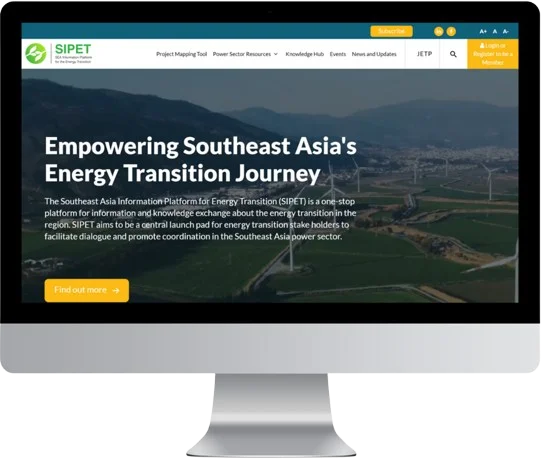
Bio DB
BioDB is a useful website for providing general information, encouraging discussion and conversation on the topic of bioenergy from agro-industrial waste. The data and information presented were collected by the Strategic Exploration of Economic Mitigation Potentials through Renewables (ExploRE) project, a project funded by the Federal Ministry for the Environment, Nature Conservation and Nuclear Safety (BMU), Federal Republic of Germany, in collaboration with the Ministry of Energy and Mineral Resources (ESDM) of the Republic of Indonesia, and implemented by the Deutsche Gesellschaft für Internationale Zusammenarbeit (GIZ)
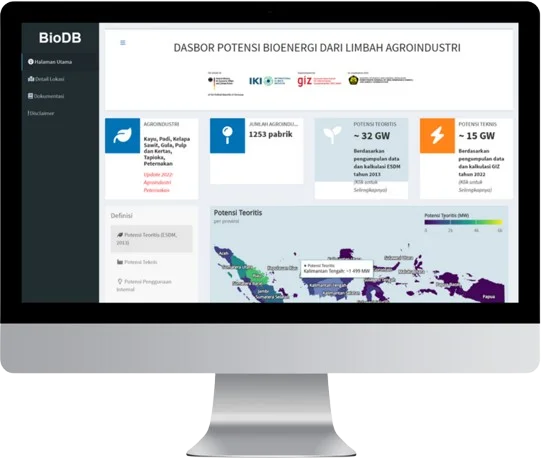
IKI JET
The global energy transition away from coal to renewable energy is threatening local livelihoods, economic activities and jobs, but also holding opportunities for sustainable, low carbon development. The project aims at supporting key stakeholder of coal regions to plan for and implement regional just energy transition pathways away from coal and towards a low-carbon energy system. Focusing on the regional economic transformations, the project works with government, industry, unions, communities, civil society, and academia. It supports interregional peer-to-peer exchange, learning, and policy dialogue in an international network and information sharing via a knowledge hub. In Indonesia, it supports the development of specific transition plans in two coal regions. In Colombia, it supports the development of the concept and framework for energy communities and the implementation of just and inclusive energy communities in César and la Guajira.
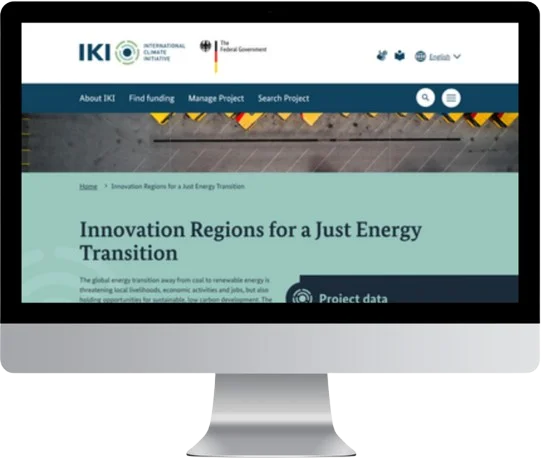
CASE for Southeast Asia
The “CASE for Southeast Asia” website is dedicated to the promotion of clean, affordable, and secure energy transitions across Southeast Asia. The website focuses on the provision of resources, the conducting of research, and the facilitation of collaborative projects in countries such as Indonesia, Thailand, the Philippines, and Vietnam, with the aim of supporting energy transition efforts. The platform highlights the challenges and opportunities in the region’s energy sector, while sharing knowledge, best practices, and policy recommendations aimed at advancing the transition to renewable energy and sustainable development
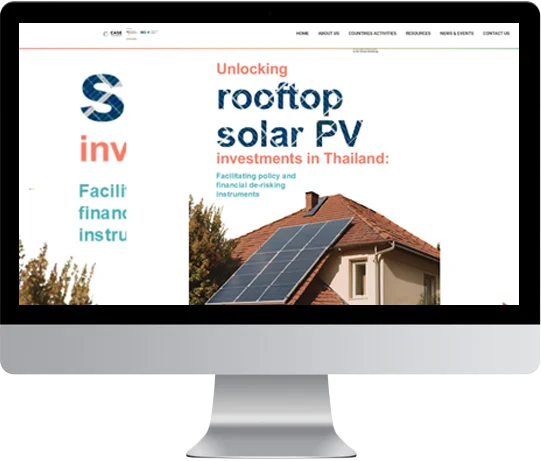
Contact
Project Address
De Ritz Building, Floor 2
Jl. HOS Cokroaminoto No. 91, DKI Jakarta, Indonesia
Catoer Wibowo
Commission Manager ENTRI
